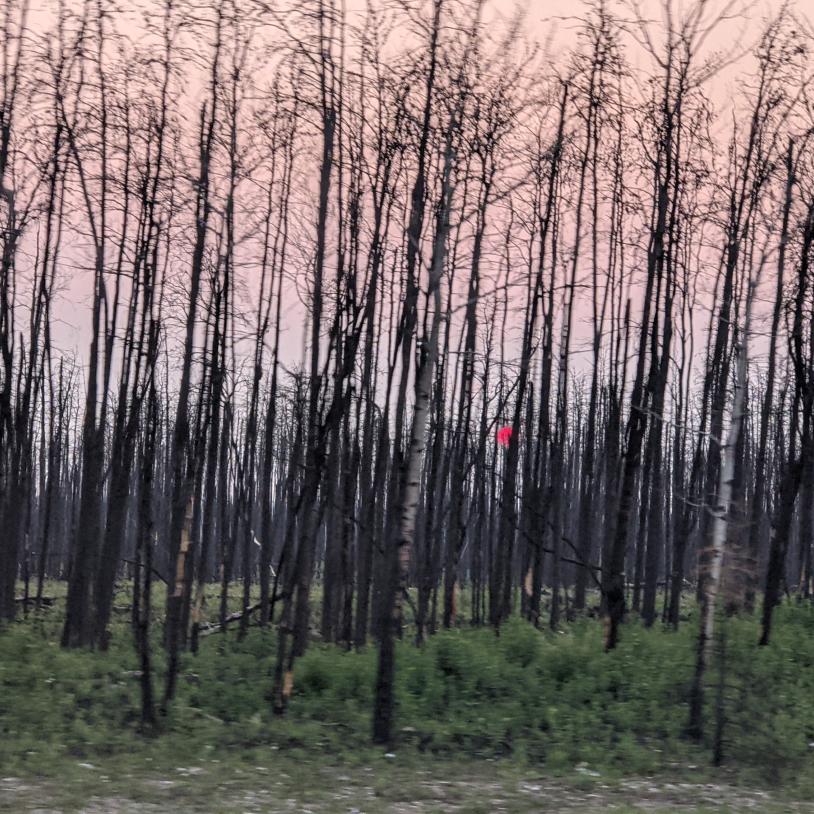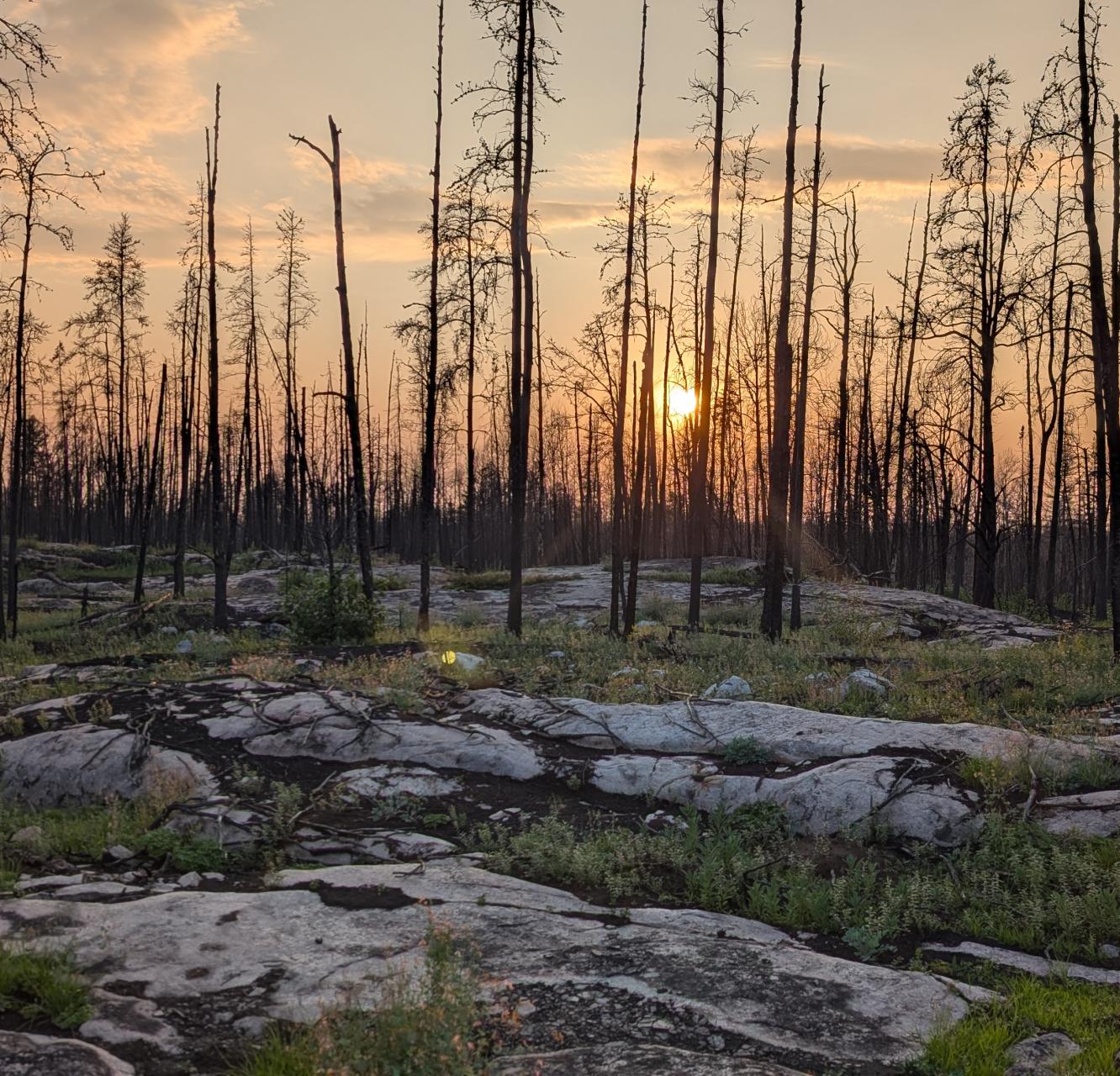MB Votes 2019: Have you read the Intergovernmental Panel on Climate Change SR1.5 report? How should Manitoba respond?
Wednesday, September 4, 2019Responses to environmental candidate survey for the 2019 Manitoba provincial election.
Manitoba NDP

The Manitoba NDP central office sent a response on behalf of all of their candidates.
The Manitoba NDP accepts the findings of the IPCC because we know it is science based and because we understand the scale and scope of the harms caused by the climate crisis. It was with that understanding that the Manitoba NDP introduced The Climate and Green Plan Amendment Act (International Panel on Climate Change Targets). This plan called for Manitoba to adhere to the IPCC recommendations of a 45% reduction in emissions by 2030 and net zero emission by 2050.
To deal with the climate crisis, it is of the utmost importance that governments work together. We must be clear of the target we are aiming for – and the findings of the IPCC set the goal. And we must be bold in our measures to attain these science-based goals. One commitment we have made is to end subsidies for oil and gas extraction in Manitoba and to use those funds to support clean technology and environmentally sustainable projects. We have also committed to banning fracking in oil and gas extraction in Manitoba. These are some of the measures we have committed to – along with a price on carbon – to address the climate crisis in our province. And we must be transparent in accounting for our successes and failures as we move towards the targets set by the IPCC.
Manitoba Liberal party

The Manitoba Liberal Party central office sent a response on behalf of most Liberal candidates. See exceptions below.
According to our robust Green Plan, Manitoba Liberals will aim to reduce carbon emissions in Manitoba by 43% by 2025, nearly meeting the goals of the 120 national governments. By 2030, our Manitoba Liberal Green Plan will succeed in making Manitoba a 100% carbon neutral province, far exceeding the goals of other parts of the world.
Dr. John Gerrard, Liberal Party, River Heights
I have read the summary for policymakers. Manitoba should respond by implementing an effective plan so that Manitoba can be "carbon neutral" by 2030, that is that in carbon dioxide equivalents Manitoba will reach a stage where the amount of greenhouse gas emissions will be balanced by the amount of carbon stored.
Green Party of Manitoba

The Green Part of Manitoba central office sent a response on behalf of most of their candidates. See exceptions below.
The Greens support all reductions in greenhouse gases. The green party of Manitoba has the most aggressive climate action plan of all parties. Greens have policies in place based on studies already conducted and will take immediate action if elected to form the next government.
Liz Clayton, Green Party of Manitoba, Agassiz
We would take immediate action to reduce greenhouse gases if elected. Addressing the Climate Crisis is the first plank in our platform.
Martha Jo Willard, Green Party of Manitoba, Notre Dame
Yes, I have read it more than once. Manitoba needs to move quickly to integrate all aspects of the IPCC as quickly as possible as it’s data is up to date and more worrisome than any other document to date. It is well documented with evidence based research.
Janine Gibson, Green Party Manitoba, Steinbach
I have read the Intergovernmental Panel on Climate Change SR1.5 report and believe Manitoba should respond by planting trees not destroying them and reducing our carbon emissions immediately. We must change our forestry practices and stop all logging.
Andrea Shalay, Green Party of Manitoba, Union Station
The Green Party of Manitoba has the most aggressive climate action plan of all provincial parties, and we are ready to take immediate actions. For full details on how we would respond, check out our platform: https://greenparty.mb.ca/platform/addressing-the-climate-crisis/
David Nickarz, Green Party Of Manitoba, Wolseley
We have to respond to the climate crisis, as per the the IPCC SR1.5, with real reductions in emissions, in the sectors that are emitting. According to the Climate Change Connection, GHGs in Manitoba come from burning of fossil fuels (61% of total emissions) from vehicles (39%), stationary combustion (21%) and fugitive sources (2%). 31% of total emissions are from Agriculture, and 4% from waste disposal and 4% from industrial processes.
Each of these sectors needs to reduce their emissions much faster to reach 45% reduction by 2030, because if we don't then we may not survive as a species.
Progressive Conservative Party of Manitoba

No response.





